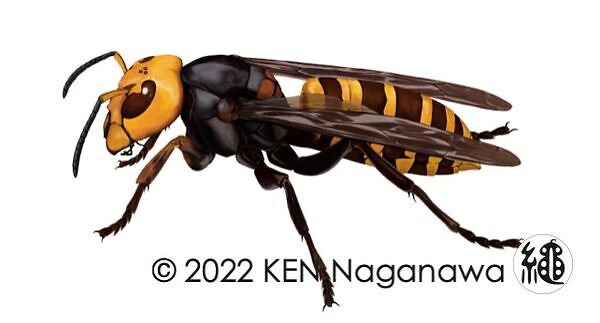Seminar by Evolutionary Genomics Unit: Mature larvae continue calling at night in Vespa mandarinia

Date
Location
Description
Speacker: Assistant Professor. Haruna Fujioka of Okayama University
岡山大学 藤岡春菜 助教授 ( 個人HP )
社会性昆虫、 昆虫生態学、動物行動学、時間生物学
Abstract:
Vespa hornet larvae produce a rhythmic 'rasping' sound by rubbing their mandibles against the cell wall of the nest. The call is thought to be a larval provisioning cue. However, detailed observation of larval calls has been limited to a few species, and it is not known whether the call can be influenced by the external environment or internal larval states such as hunger. We conducted laboratory observations of larval calls to investigate the effect of 1) larval stage, 2) daily variation, and 3) larval hunger level. Vespa mandarinia larvae produced sounds independent of light conditions, time of day, worker absence, and hunger level. A key finding of this research is the novel discovery that larvae produce sounds at night, a previously undocumented behavior.
Subscribe to the OIST Calendar: Right-click to download, then open in your calendar application.



